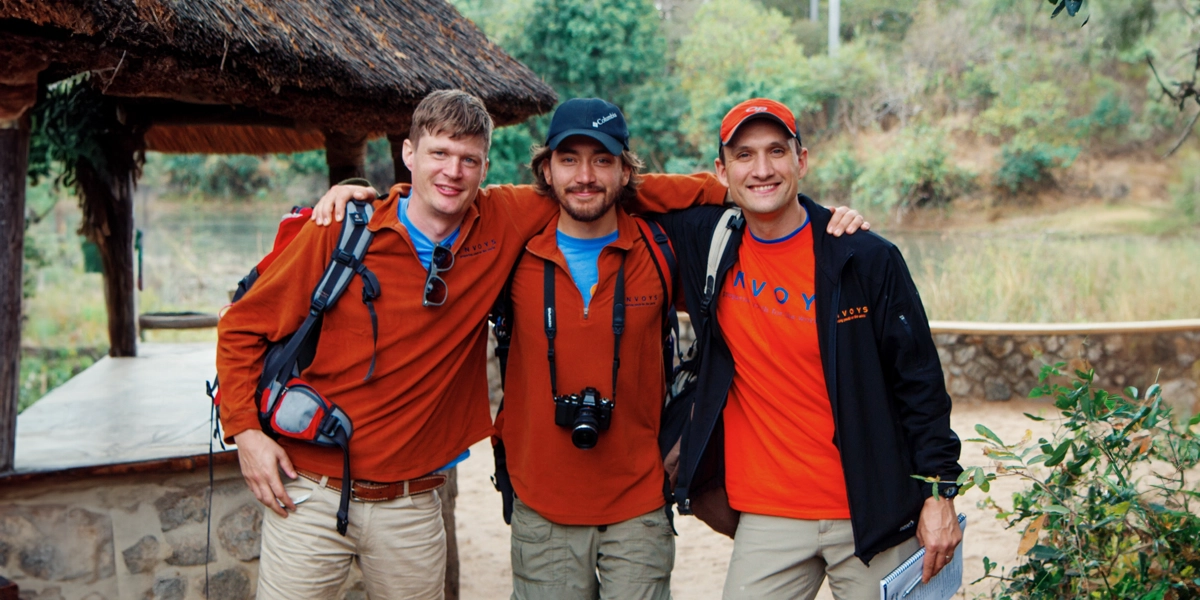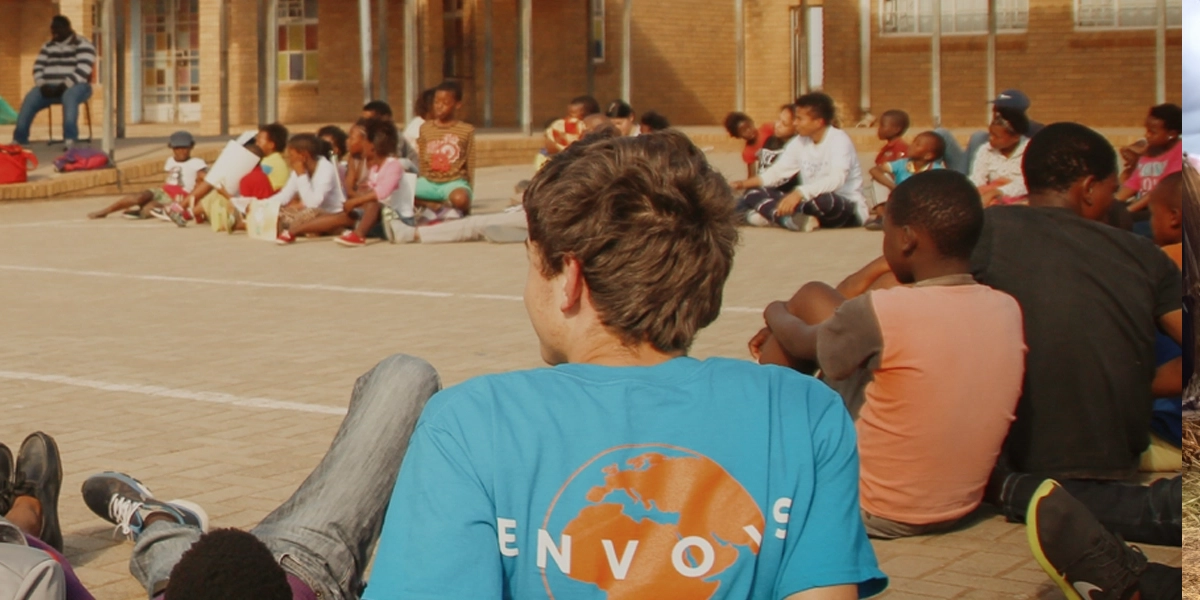Traveling abroad is an enriching experience that can broaden horizons, foster personal growth, and offer unique learning opportunities, especially for young individuals contemplating their future and that of the planet.
That's why an increasing number of students and schools are actively seeking opportunities to travel to other countries or cities, aiming not only to expand their knowledge locally but also to learn about environmental conservation on a global scale.
For students, whether they are participating in an exchange program, studying abroad, or simply enjoying educational vacations, proper preparation is key to ensuring a successful and safe experience.
In this article, we will explore how to prepare for international travel, addressing essential aspects ranging from planning to cultural adaptation so that they can make the most out of their journey.
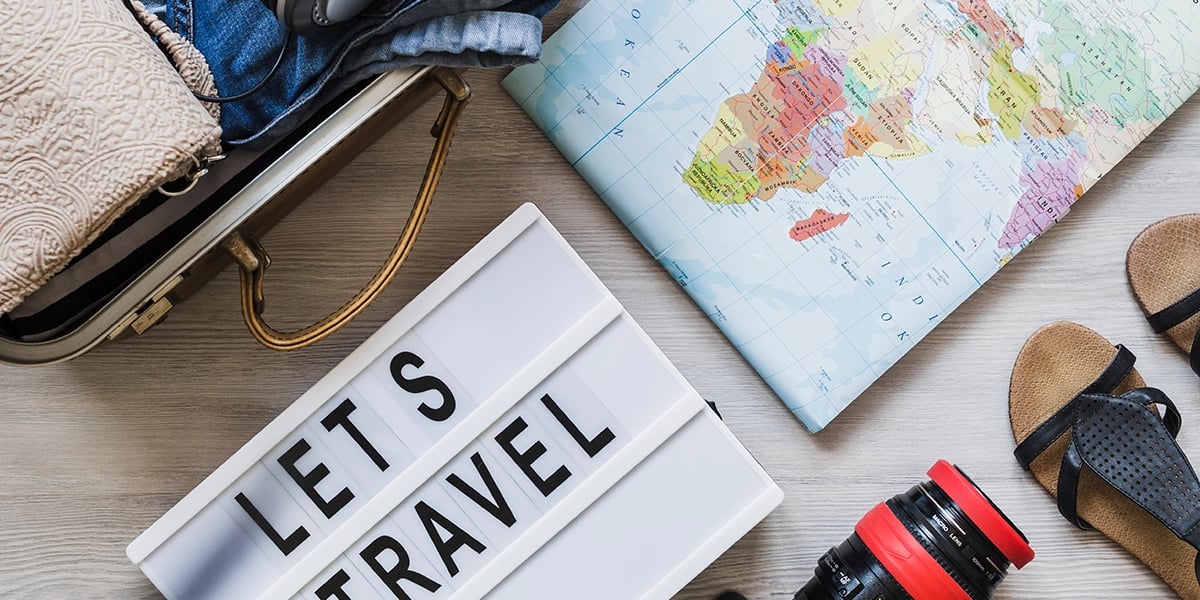
1. Research and Planning:
Before embarking on an international journey, it is crucial to conduct thorough research on the destination. Students should familiarize themselves with the local culture, customs, social norms, and any relevant information regarding safety in the region.
Moreover, they must ensure they have all the necessary documentation, such as passports and visas. There are times when obtaining these requirements may not be straightforward or quick, so it is advisable to secure them as early as possible.
Students should also gather information about the weather conditions, health requirements, and potential risks, such as mandatory vaccinations or precautions against specific diseases. This should also be researched well in advance, in case it proves challenging to find an establishment that can provide these services promptly.
2. Language Learning:
If the destination has a language different from the student's native tongue, learning some basic phrases can make a difference in communication and ease integration. Additionally, language learning apps can be used in emergency situations.
However, it is best to try taking online courses or practice with native speakers to help develop useful language skills, if you are going to take part in one of the many student travel programs.
This not only will facilitate interaction with locals but will also enhance the overall travel experience.
3. Travel Insurance:
Acquiring travel insurance is essential to protect the health and belongings of students and their companions abroad. This insurance should cover medical emergencies, loss of luggage, flight cancellations, and any other eventualities you deem necessary.
Ensuring access to adequate medical care at the destination is crucial to guarantee a prompt response in case of illness or injury, as well as to carry out all activities with peace of mind.
4. Safety Awareness:
Before traveling, it is crucial for students to understand the safety regulations of the destination. This includes familiarizing themselves with safe zones, understanding warning signs, and knowing how to use public transportation securely.
It is also recommended to stay updated on local conditions and news, ranging from potential internal or external social and political conflicts to geographic or environmental issues.
In case of extreme situations, always follow the safety recommendations issued by the country's authorities and try to be as calm as you can be.
5. Adaptability and Resilience:
Students should be prepared to face unexpected situations and be flexible in their approach. There are circumstances in which things may change and are beyond one's control and that of others.
International travels may pose challenges such as changes in the itinerary, language barriers, or cultural difficulties. Developing adaptability and resilience skills will enable students to overcome obstacles gracefully and make the most of their experience.
It is crucial to have the highest level of patience possible, and in cases where students may experience anxiety, it will be necessary to instill meditation or distraction techniques to help them navigate through those unexpected moments.
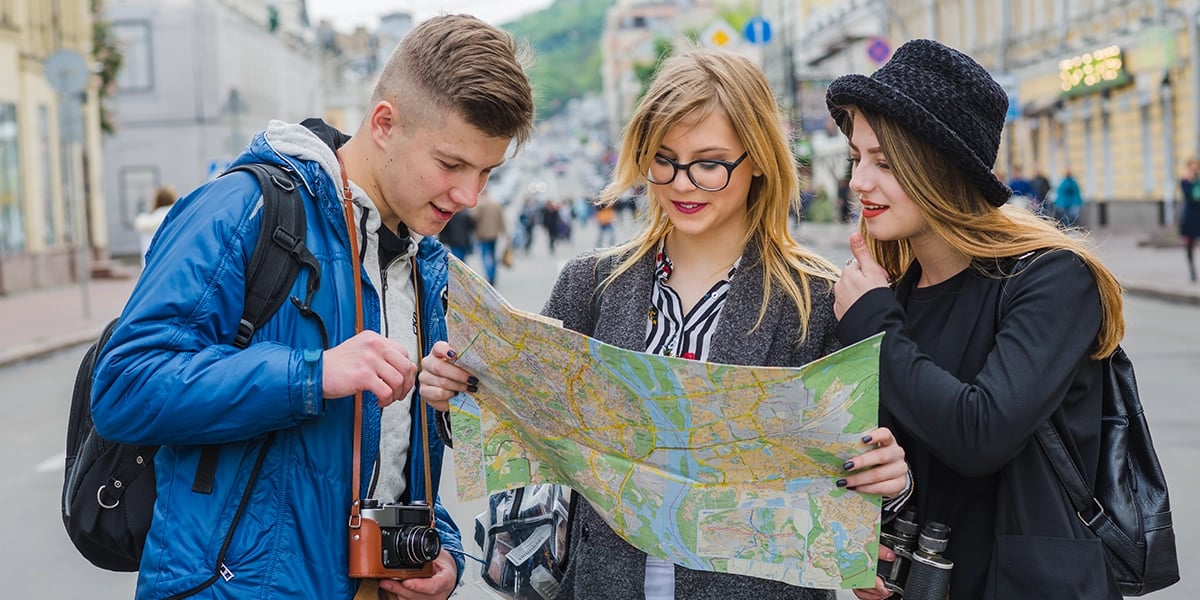
6. Connection with the Local Community:
Fostering a connection with the local community is essential for an enriching experience. It is also the only way to deeply understand what it is like to live in that country, what its customs are, and the daily challenges its residents face.
Therefore, participating in cultural activities, attending local events, and meeting various residents can provide a deeper insight into the culture and create meaningful memories. Students should be open to new friendships and experiences that enhance their understanding of the world. Therefore, they need to have a high level of empathy and prior knowledge of the country's history and beliefs.
7. Preservation of Mental Health:
Traveling can be exciting, but it can also generate stress and anxiety. It is vital for students to be aware of the importance of taking care of their mental health during the journey.
On a study trip to another country, you may have experiences that you have never felt before. Navigating through something unfamiliar can trigger various reactions, which can vary for each student.
Therefore, it is crucial to maintain healthy habits, including getting adequate rest and eating well. Seeking support when necessary and taking the time to relax and recharge are essential elements to ensure emotional well-being on a journey away from home.
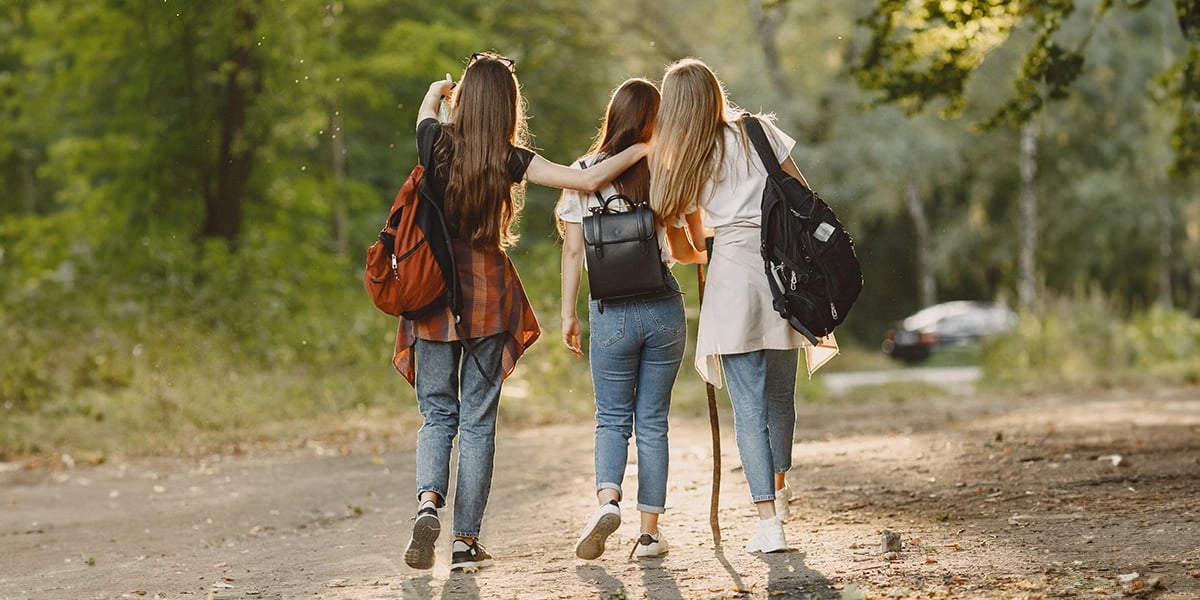
8. Cultural Awareness:
Cultural sensitivity is crucial to avoid misunderstandings and respect local customs. There are things that cannot be joked about or taken lightly, as it could potentially lead to uncomfortable or even violent situations unnecessarily.
Students should educate themselves on the etiquette and social norms of the destination, avoiding behaviors that may be considered offensive. This includes showing proper respect for historical and religious figures at all times.
Being open to new perspectives and respecting cultural diversity will contribute to a more enriching and harmonious experience. It will also foster openness and sociability from the local residents towards you.
Preparing students for international travel goes beyond basic logistics; it involves cultivating skills that allow them to fully immerse themselves in a new culture.
From research and planning to adaptability and cultural awareness, each aspect contributes to an educational and transformative experience.
By providing students with knowledge and skills, they are given the opportunity to make the most of their international journey and return with a global and enriching perspective.




